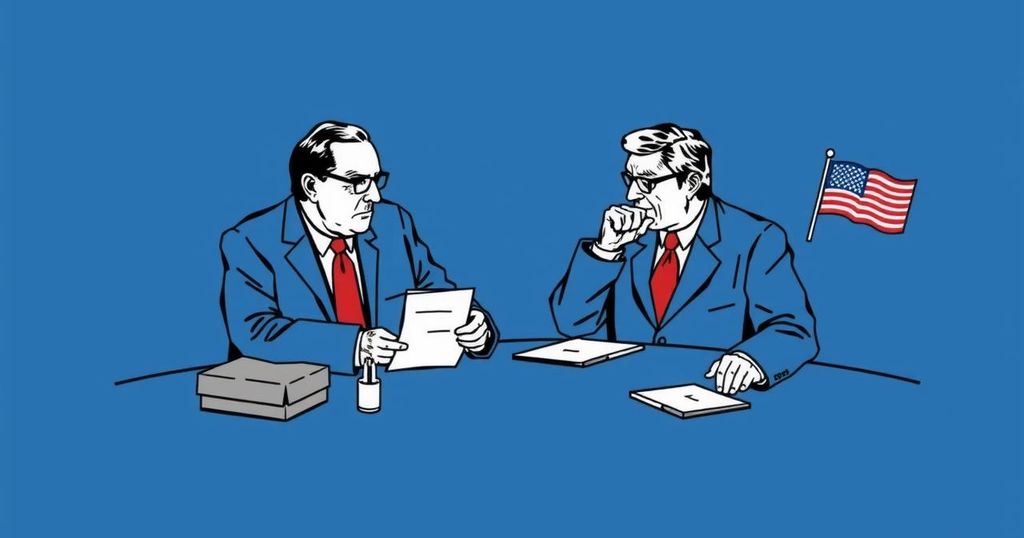The Challenges of Precanvassing Rules for Mail Voting in Pennsylvania
Pennsylvania’s restrictive precanvassing rules for mail ballots create significant challenges for election officials, delaying results and raising concerns about misinformation. State legislators are divided over potential reforms, with Democrats advocating for precanvassing to start a week before Election Day and Republicans demanding voter ID requirements linked to such changes, stalling progress on necessary enhancements to the voting process.
HARRISBURG — The 2020 presidential election posed significant challenges for mail voting in Pennsylvania, particularly given the unprecedented participation due to the COVID-19 pandemic. Adding complexity were the state’s stringent “precanvassing” rules for mail ballots, which mandated that election workers could only begin processing these ballots at 7 a.m. on Election Day. This policy resulted in delays in unofficial election results, which former President Donald Trump exploited, falsely linking these delays to allegations of widespread fraud. Election officials are concerned about the potential resurgence of similar disinformation tactics during upcoming elections. Election directors statewide are advocating for alterations to the current rules, arguing that allowing precanvassing of absentee and mail ballots before Election Day would enhance efficiency. Precanvassing encompasses various preparatory tasks, such as signature verification, envelope opening, stacking, and scanning of ballots, without tallying the votes. Currently, Pennsylvania stands among only seven states that bar any processing of mail ballots until Election Day itself. Consequently, election workers are burdened with two concurrent election processes, which strains resources and can hinder logistics. Since the previous election, there have been improvements in the operational experience of county election directors and technological updates funded through state grants. Despite these advancements, efforts to legislate changes that grant workers additional processing time have stalled. Republicans are demanding conditions tied to voter ID requirements, which Democrats have expressed reluctance to accept. State law defines precanvassing as the inspection and preparation of mail ballots, yet 43 states have already adopted provisions allowing for early processing. Election officials argue that the labor-intensive nature of mail ballot processing necessitates reforms to alleviate workload on Election Day. Current legislation passed by the Democratic majority in the state House proposes to permit precanvassing one week prior to the elections. However, opposition from Senate Republicans—who align any electoral changes with stringent voter identification policies—has impeded its advancement. The ongoing debate encompasses proposed reforms versus a push for ID requirements, which has historically created division within Pennsylvania’s legislature. Calls for reform highlight the pressing need to ensure smooth electoral processes, especially as the state approaches upcoming elections with established regulations that some officials deem problematic.
The subject at hand relates to the 2020 presidential election in Pennsylvania, which marked a significant shift to no-excuse mail voting for the first time, exacerbated by the pandemic. The resulting high absentee ballot count combined with strict state laws restricting processing times created operational inefficiencies. In particular, the absence of early processing of mail ballots has resulted in delays during elections. This situation has instigated discussions among lawmakers and election officials about the necessity of reforming precanvassing rules to better equip election workers, mitigate misinformation, and bolster public confidence in electoral outcomes.
In essence, the limitations surrounding the precanvassing of mail ballots in Pennsylvania have led to significant operational challenges for election officials. Despite recent efforts aimed at legislative reform, progress has been stymied by partisan disagreements regarding voter ID laws. The need for updated protocols is evident to ensure efficient election processes and prevent disinformation campaigns that threaten to undermine voter confidence.
Original Source: www.spotlightpa.org




Post Comment